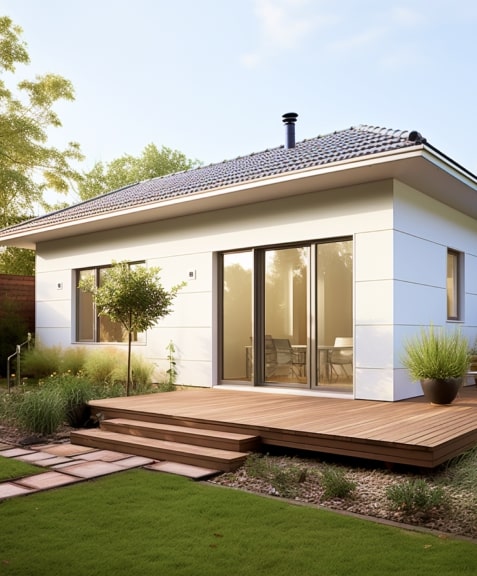
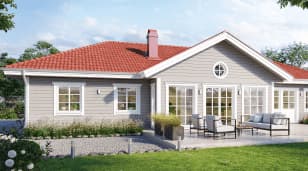
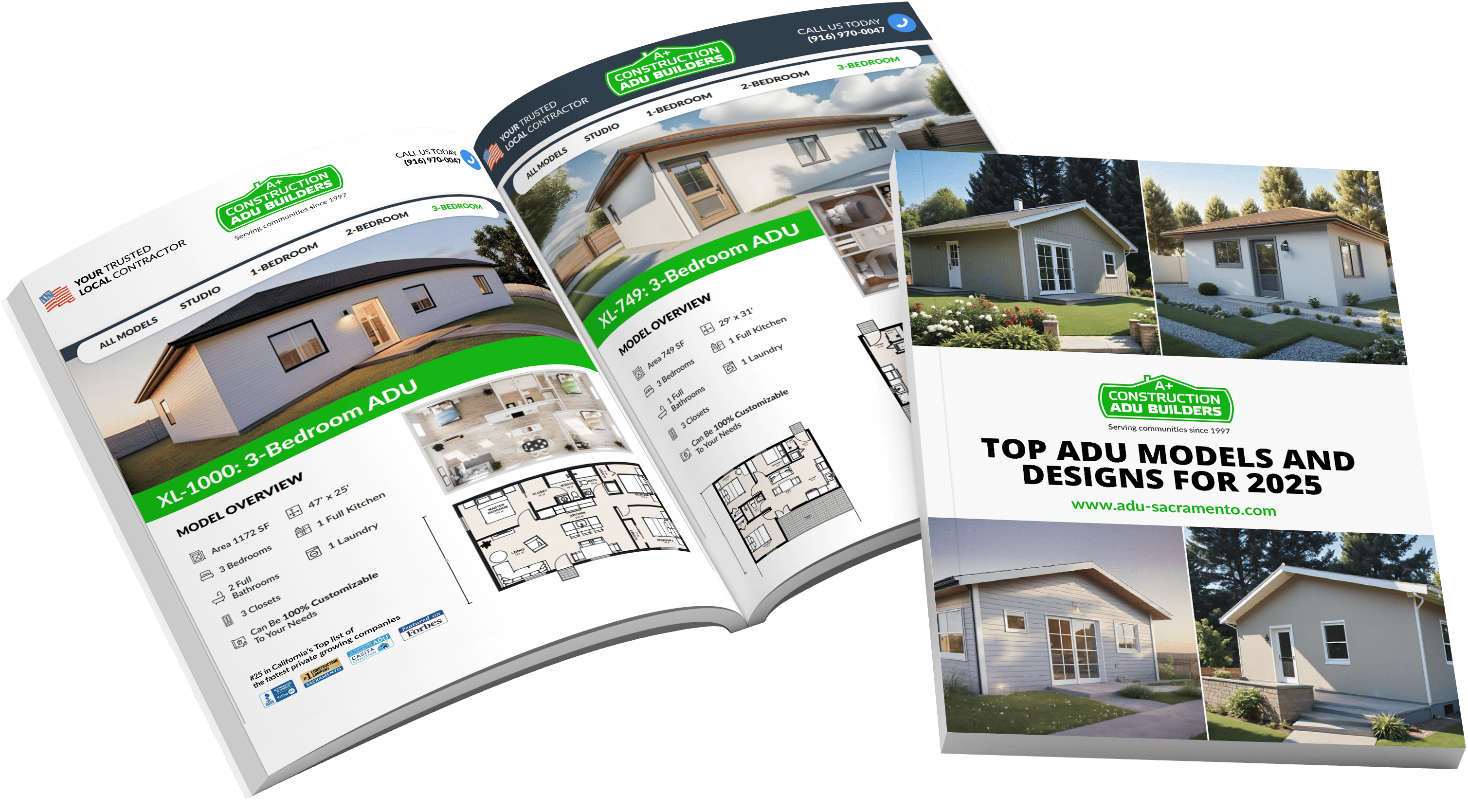

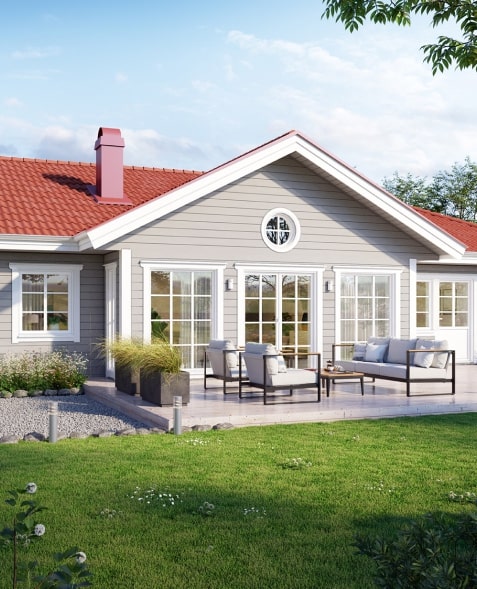
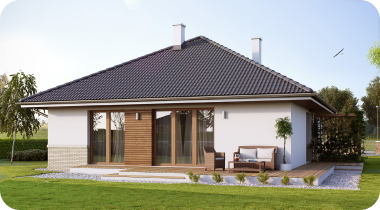
A link to download your FREE brochure will be in your inbox in 3 minutes
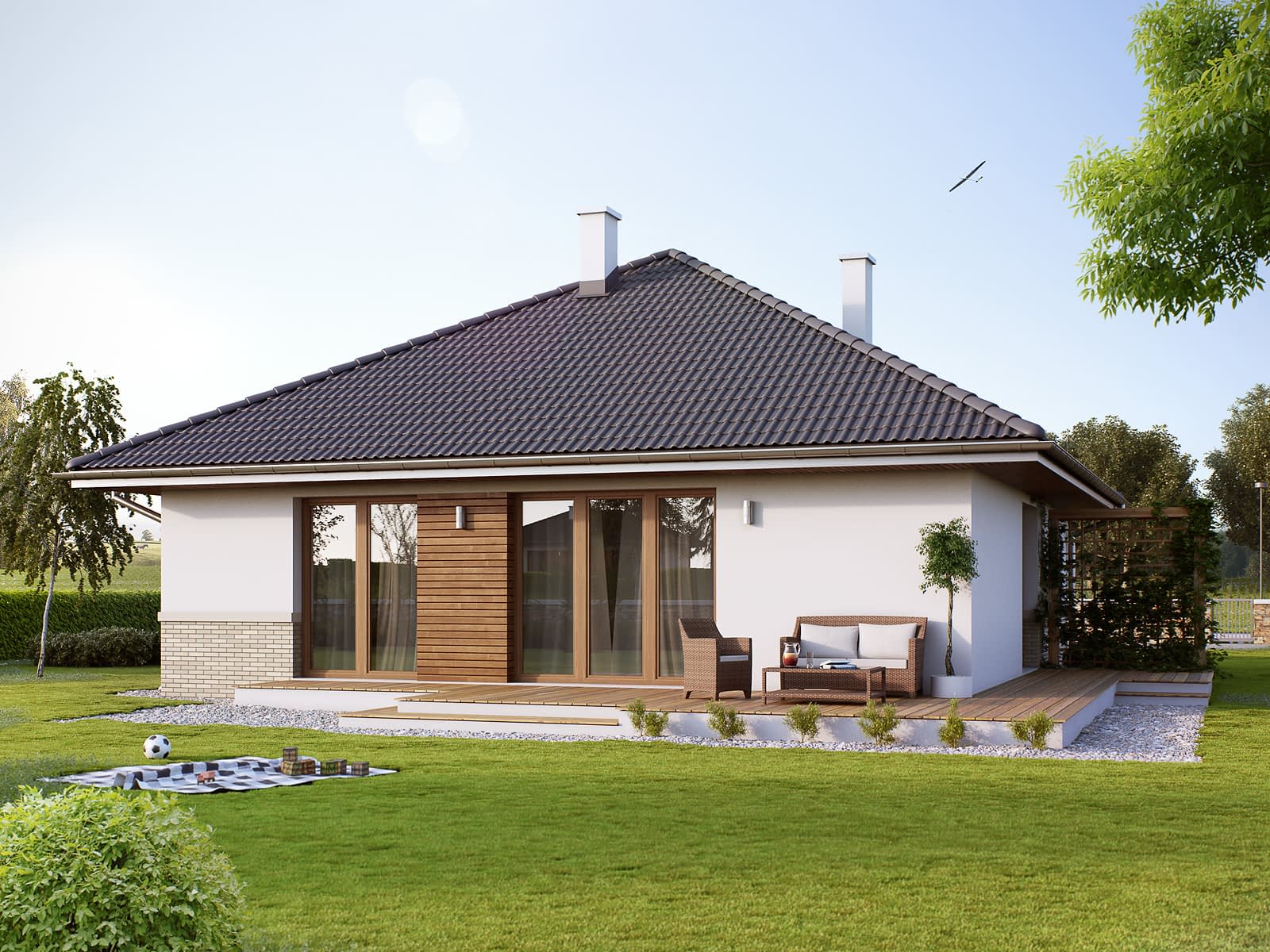





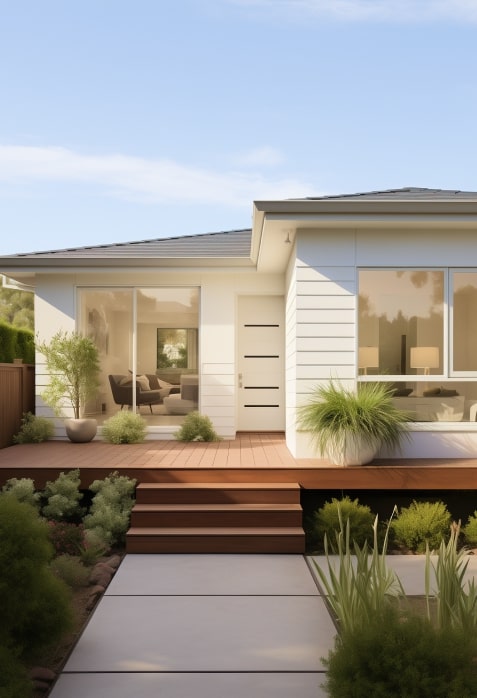
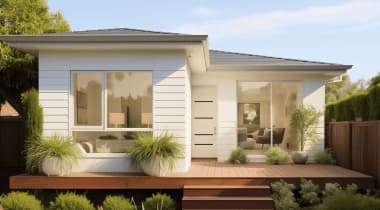











The final price may vary based on project specifics.
To get a free accurate quote tailored to your needs, book a consultation with us today!

The price per square foot provided is an average and may vary depending on project-specific details such as materials, location, complexity, and other factors. Actual costs may differ from the average provided.
It is recommended to obtain a detailed quote based on the specific requirements of your project.

Please note that the monthly payment displayed on this page is an estimate and is subject to variation based on the selected loan product, applicants credit score, loan amount, and other financial details. Actual monthly payment may differ from the estimate provided.
It is recommended to seek advice from a financial advisor or loan officer to obtain precise payment information tailored to individual circumstances.
 Your Trusted
Local Contractor
Your Trusted
Local Contractor
To live a decent life means having enough money to fulfill your basic human needs. However, housing, a key necessity, becomes more and more scarce and Americans barely make ends meet in order to afford a proper house. At the same time, certain homeowners decide to make their lots profitable by installing a new housing unit in the form of one ADU.
Accessory dwelling units (ADUs) are an astonishing trend in the construction world, which exist in the form of a small house next to the primary residence of the owners. State law and local regulations allow such buildings, so California dwellers have already started enriching the land with these cute and compact units.
However, a new trend is carefully approaching us, as one-story ADUs are not enough already. Local jurisdiction allows two-story options for those who can afford them, increasing the profitability of the ADU even further. Here, we will take a closer look at this novelty and discuss crucial elements and the complexity of such a building.
A 2-story ADU may seem like an easy subject: you stack two floors and get the required building. But in reality, it is more complicated. Let’s talk about two stories and underline their benefits and drawbacks.
This option represents the one you think of when pronouncing its name. Here, we offer a regular building with two floors interconnected with a staircase. As usual in similar houses, the space is divided into two parts, with the first floor including a kitchen, bathroom, and living room and the second having bedrooms and personal offices. While such property will be amazing for a family living under one roof, if you need to create a multifamily unit, you should go for other options instead, as different families will not find the required privacy here, even in a bedroom.
If the pricing for building detached ADUs with a second floor makes you shiver, an ingenious solution of stacking a second floor to your garage may allow you to use the backyard to the fullest while saving some money. Here, you can typically find a ladder outdoors that allows dwellers to enter the living space on the second floor. The first one can still function as a garage or transform into another kind of living space to meet your liking. The best thing about this option is that the choice is yours, and if sacrificing the garage is an unacceptable idea, you can still have it and vice versa.
The distinction at its finest: that’s how we can describe this option. Here we create two different residences, taking the first and second floors. However, in comparison to the first option, the space is not interconnected, resolving the privacy concerns of all dwellers. Being perfect for renting it out, stacked ADU owners can easily maximize their profit from the lot.
All in all, before deciding on which project you would like to start, it is important to understand their features and details, so you could make a proper decision.
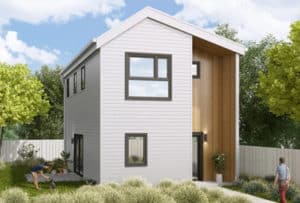
To make a weighted decision, we would like you to understand all the benefits that a well-designed two-story ADU can have. In comparison to their regular counterparts, the building with two floors can brag about the following advantages:
Double the floors: double the rooms! Even an amateur will understand how much free space another floor can grant you. Moreover, it is always better to have an extra floor in your possession as an additional bathroom or bedroom has done no harm to anyone. Being a perfect solution for growing families, at the same time they allow multiple generations under one roof.
In case you will not grant access to another floor, this can also be quite cool in terms of privacy. For example, if you need to turn the living space into a dedicated workspace and don’t disrupt the creative process of the dwellers, a clear separation between two floors is a must. In some cases, you can even charge more money for noiseless quarters.
A two-story ADU is obviously a larger rental unit than a usual one. Hence, it provides you with a number of ways to use this matter. Instead of renting it out to a single family, you can provide compliance with the local regulations and instead welcome two families or several individuals, significantly boosting your rental income and increasing your property value.
Some of you will not agree with us, but we mean it: two-story ADUs are visually more appealing than their other counterparts. Here, we get more free space and room for mind-blowing design decisions that will grant you an outstanding look for numerous decades. It can be a nice addition to the design language of your main house or support it in terms of similar color schemes; the final decision is up to you. But we are sure that in the end, your ADU design will attract more locals than any other ADU.
To conclude, an accessory dwelling unit in the form of a duplex is a wonderful opportunity to make your dreams a reality.
The permit process here, just like with any other eligible dwelling unit, can be quite tricky and it is handy to know the intricacies of it beforehand.
Normally, the process consists of the following steps:
As you can see, the process is short and tiring but requires some crucial steps. If the rules are not respected, the building will not happen.
As long as the pricing allows, you can have as many rooms as you want. Such ADUs can boast a larger amount of space and, therefore, a wider range of rooms. Here, you can have a bedroom or two, a bathroom, and additional parking space. Remember the square footage that cannot exceed your primary residence, which restricts your possibilities in this matter.
To have them approved, the plans of single or multifamily units require details of the rooms like the placement of your bedroom, bathroom, and living rooms, permitted square footage, and sometimes even design choices. We have to note, that by the time you complete the construction, the cost of the project may change, so you don’t include it in your planning.
The property that you already have can become a platform for your future ADU, in case you think of attached ADUs. As for detached ADUs, here your living space can influence the ADU design and the final project. As for the two stories, the second can be attached to your garage and such a duplex will be perfect for a single family. You can do whatever you want with your property if you handle the cost of the discussed subject.
Get a First Look at Real ADU Projects